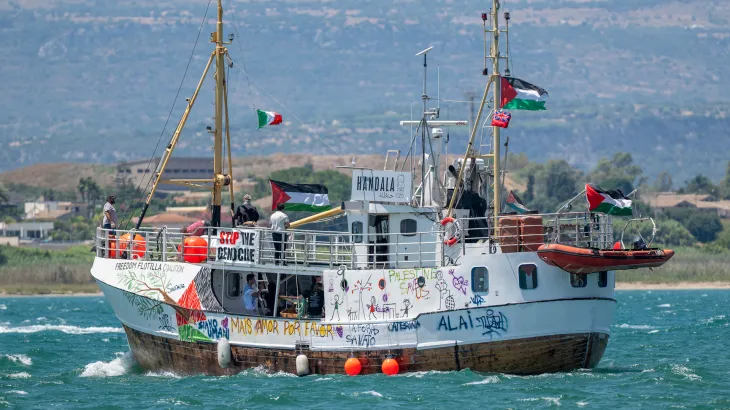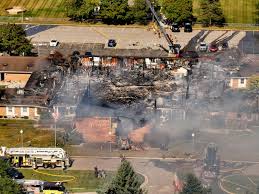Nigeria is rapidly expanding its air force as West Africa becomes the world’s new center of terrorism. With growing threats across the region, the Nigerian Air Force (NAF) is playing a bigger role in national defense and regional peacekeeping.
The Sahel region especially Burkina Faso, Mali, and Niger is now considered the global epicenter of terrorism, according to the Global Terrorism Index.
Terror groups like Boko Haram, ISIS-affiliated cells, and armed bandits have made this region extremely dangerous, killing thousands and threatening political stability.
In response, Nigeria is ramping up air power to face these evolving threats.
During its 60th anniversary in May 2024, the Nigerian Air Force announced ambitious goals: to become Africa’s third-largest air force by 2026.
As of 2024:
• Personnel: 18,000
• Air platforms: 179+
o 117 aircraft
o 55 helicopters
o 7 heavy UAVs (drones)
Nigeria now ranks second in air force personnel in Africa, just behind Egypt, and ahead of Algeria, Morocco, South Africa, and others.
Despite having fewer platforms than Egypt, Algeria, and Morocco, Nigeria’s investment in training, morale, and local innovation is helping it close the gap.
The NAF is critical in fighting:
Boko Haram in the northeast
Bandits and kidnappers in the northwest
Oil militants and pirates in the Niger Delta
Air power has helped:
Destroy insurgent camps
Rescue hostages
Protect ground troops
Deliver food and supplies during disasters
It also supported missions during COVID-19, Ebola, and regional floods.
Nigeria’s growing air force also supports regional peacekeeping and democracy defense efforts:
Helped restore democracy in The Gambia (2016) as part of an ECOWAS mission
Participated in peacekeeping in Liberia and Sierra Leone
Likely to play a key role in ECOWAS’s new $2.4 billion counterterrorism force.
While expanding, the Nigerian Air Force faces several problems:
Civilian casualties from accidental airstrikes
Ageing aircraft and high maintenance costs
Anti-aircraft threats from insurgents
Use of drones by terrorists
Limited funding transparency
These issues have hurt the Air Force’s reputation and effectiveness in some missions.
Nigeria is spending heavily on defense:
₦1.38 trillion (US$2.4B) in 2023
₦1.65 trillion (US$1.1B) in 2024
The Air Force received over ₦200 billion each year
Aircraft alone made up 50% of Nigeria’s arms imports from 2010–2023. Some purchases bypassed budget approvals, raising concerns over transparency. For example:
₦496 million was spent on Super Tucano jets in 2018 without parliamentary approval
In 2024, Nigeria borrowed US$618 million for fighter jets and ammunition
Experts say Nigeria’s Air Force needs:
Clear mission goals
Better coordination with ground troops
Stricter accountability to avoid civilian casualties
More transparency in how defense funds are spent
Despite its challenges, Nigeria’s air force is a powerful tool in fighting terrorism and strengthening regional leadership.
“A strong, well-managed air force can secure Nigeria’s future — but it must be smart, strategic, and responsible,” said Dr. Samuel Oyewole, one of the article’s authors.
Nigeria is betting on air power to fight terror, secure its borders, and lead West Africa. With smart reforms and sustained support, the Nigerian Air Force could become a true force for peace and stability in the region.



